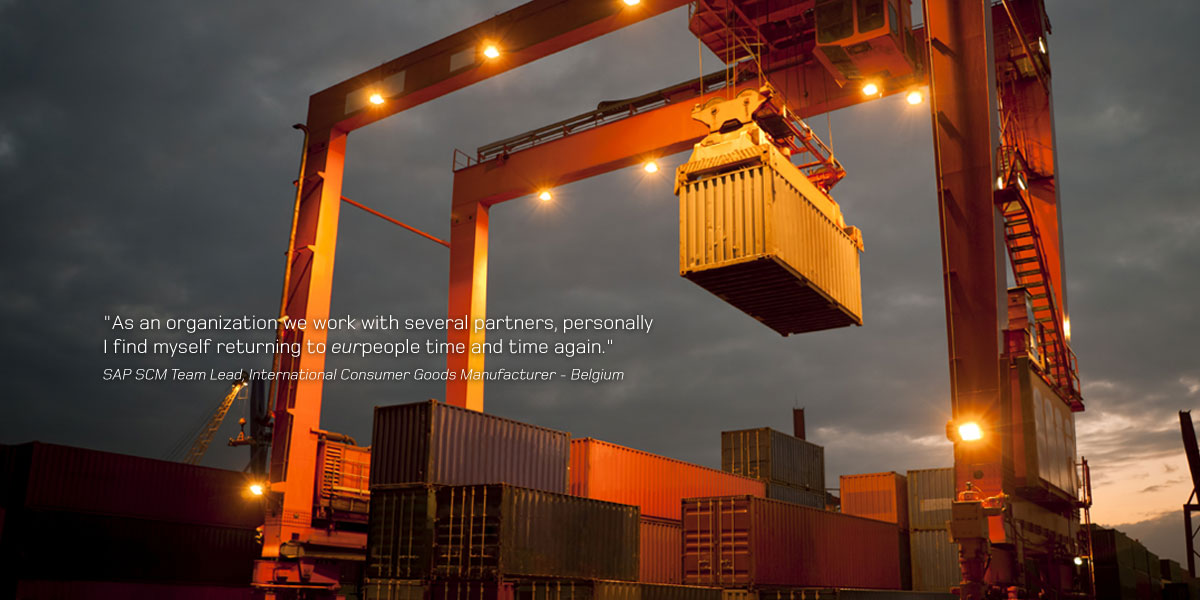How IoT Is Turbocharging Developing Economies
The question of whether IT can help developing countries leapfrog and bypass developed economies is not new. We know that traditional IT is enabling mostly industrialized nations. Meanwhile, the gap between developed and emerging economies is not getting any narrower.
With enterprise mobility and the Internet of Things (IoT), the same idea can be viewed from a different perspective. Now, end users and consumers are in the power seat. And this is all credited to existing and upcoming mobile technology – as hinted by a widely used payment system in Nigeria, for example, that indicates more unorthodox and unexpected solutions on the horizon.
According to The World Bank, mobile phone usage in Africa reveals that mobile technology is becoming a lifeline for businesses and educational institutions while significantly improving overall quality of life. Google showed a path forward in 2013 after announcing its plans for using blimps to expand the wireless infrastructure in Africa and Asia. This approach would not only allow better mobile services, but also increase the connection of IoT devices. Furthermore, drones will probably make a massive impact in underdeveloped regions; however, they apparently still depend on networks as well.
In theory, improved networking could help emerging countries. But will it be enough to enable them to reach the same level of developed countries within a short time frame?
Relationship Between Network Connectivity and Competitiveness
To find out whether emerging countries have benefited from the networked economy so far, we studied 25 countries in Asia, Africa, and South America by analyzing the World Economic Forum’s indices for networked readiness (NRI) and global competitiveness (GCI). We then benchmarked the countries against the average ratio of NRI to GCI of the top 20 competitive countries between 2011 and 2014. This is all based on the assumption that any increase in a country’s degree of networking should raise its competitiveness – with an awareness that networking is not the only factor influencing competitiveness. Across the indicated period, the top 20 raised their accumulated NRI by 1.9% and their CGI by 0.4%, which is roughly a ratio of 4:1.
In our study, most of the 25 countries enhanced their competitiveness at the same rate as the top 20. Eight countries did significantly better, namely Botswana, China, Colombia, Costa Rica, Cote D’Hivoire, Malaysia, Panama, and the Philippines. In particular, Botswana, Colombia, Cote D’Hivoire, and the Philippines showed an NRI to GCI ratio beyond that of the Top 20, proving their ability to transfer increased networking connectivity into competitiveness.
As mentioned previously, countries need more than IT and mobile networks to economically and socially improve. For the entire continent of Africa, its technological readiness, infrastructure, and education are especially low compared to Asian countries and the overall average calculated by the Organization for Economic Cooperation and Development (OECD), according to a report by the World Economic Forum (WEF). Nearly all recommendations for faster development of African countries may have to do with IoT. However, given the high degree of work left, the IoT may reside only in certain pockets of the region.
Nevertheless, there are at least three business sectors that stand to gain the most from IoT initiatives:
- Logistics: Especially for small businesses, the technology will allow more trade and reduce food loss by approximately 30% in emerging countries.
- Agriculture: The IoT could help farmers improve efficiency and productivity while better providing sustenance to the people who depend on their crops and livestock.
- Healthcare: As outlined by the WEF, a lean and digitized infrastructure could be made possible by IoT devices.
Although the IoT and improvements in networking can potentially help emerging countries get ahead significantly faster, companies cannot achieve it through IT alone. New and creative ideas outside the mainstream of developed economies are needed.
Certainly, digital technologies have all the disruptive potential for a leapfrog – let us hope they will be used.
For more on how technology is helping people in developing nations, see Bringing New Educational Opportunities To Rwandan Youth.
Kai Goerlich is the Idea Director of Thought Leadership at SAP.
This story originally appeared on The Digitalist as part of the 10 Weeks of Live Business series.
| Location: | Start Date: | ||
| Rate: | Duration: | ||
| Type: | Reference: |
Contact Details
To find out more about how eurpeople can cater for your needs contact us at the following:
London Office
eurpeople Recruitment Ltd
South Point House, 321 Chase Road
London, N14 6JT, United Kingdom
Middle East Rep Office
eurpeople ME Recruitment Ltd
PO Box 309, Girne
Mersin 10, Turkey












